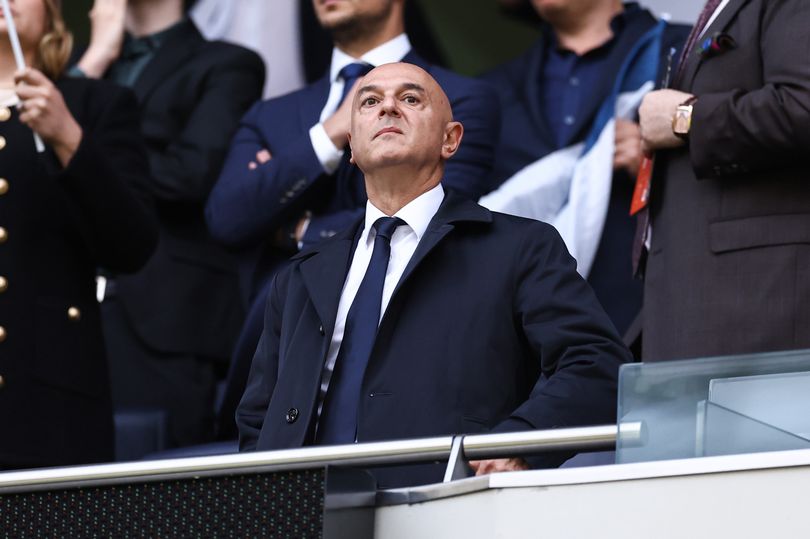Tottenham Hotspur may soon conclude one of this summer’s most controversial transfer sagas long before the window closes, thanks to the ongoing tension stirred by Evangelos Marinakis’s official complaint to the Premier League.
At the heart of the dispute lies Spurs’ pursuit of Morgan Gibbs-White, a move that Nottingham Forest’s ownership views as not just aggressive but also procedurally flawed.
From what has emerged, Tottenham made a direct approach regarding the activation of Gibbs-White’s release clause without first formally engaging with Nottingham Forest.
Reports suggest the North London club went straight to Marinakis with a message that could be paraphrased as, “We’d like to activate the clause—how do you want the money delivered?” The implication here is clear: Spurs knew the release figure, and more crucially, already had some level of agreement or encouragement from the player’s camp.

That revelation strongly indicates that Forest, the selling club, had been bypassed during early discussions, something which would amount to a breach of professional protocol and possibly confidentiality.
If Tottenham gained access to the release clause details without permission, and if the player’s agents facilitated this without club consent, it’s understandable why Marinakis feels blindsided.
Still, despite Marinakis’s outrage, legal experts suggest this complaint may not lead to significant repercussions.
One insider familiar with the matter described the complaint as “a tantrum,” adding that Marinakis’s legal team are delicately trying to communicate the harsh truth—that even if there was technical wrongdoing, the likelihood of reversing the deal or extracting much more money is slim.
The crux of the matter is rooted in a modern football reality: players cannot be forced to remain at a club against their will.
While release clauses are meant to protect both clubs and players, the system often ends up favoring players and their representatives, especially when the clause is met and personal terms are agreed.
Marinakis could demand a premium or attempt to block the transfer, but in practice, those efforts rarely succeed. At best, Forest might receive a small compensation fee, but the notion of forcing a player to stay put is both legally and practically obsolete.
It’s also worth noting Marinakis’s history of strong reactions, such as his heated touchline incident with former Spurs boss Nuno Espírito Santo.
It would surprise no one if he chose to make a public statement or wage a battle of words before ultimately allowing the transfer to go through.
For Tottenham, the priority now is to finalize the deal and integrate Gibbs-White into their preseason plans without further delay.
However, chairman Daniel Levy may find it prudent to internally review the approach taken by Spurs during negotiations.
Given the club’s past experiences with transfer drama—think Dimitar Berbatov and Luka Modrić—this isn’t unfamiliar territory.
Any suggestion of naivety in dealing with player agents or rival clubs will not hold water, especially in an era where transfer dealings are as political as they are financial.
In the end, Morgan Gibbs-White’s move to Spurs appears inevitable. Forest’s resistance may make for headlines and temporary friction, but unless the Premier League intervenes with unexpected severity, the transfer is set to proceed.
The incident serves as another reminder of how modern football’s rules, while designed to protect fairness, often bend under the pressure of player ambition, financial muscle, and behind-the-scenes maneuvering.

